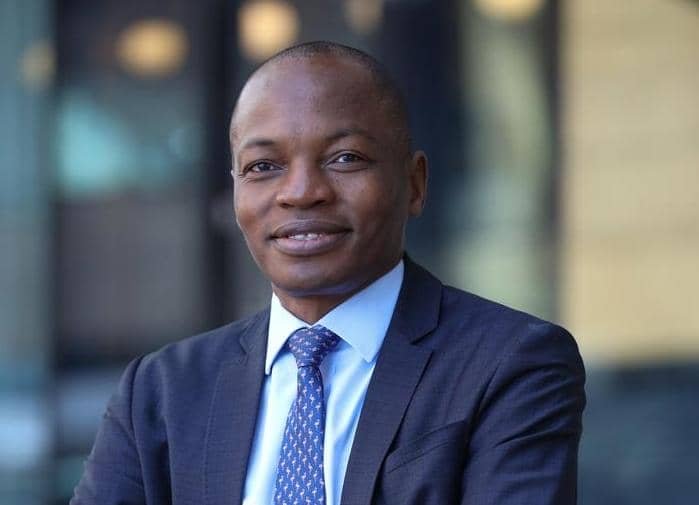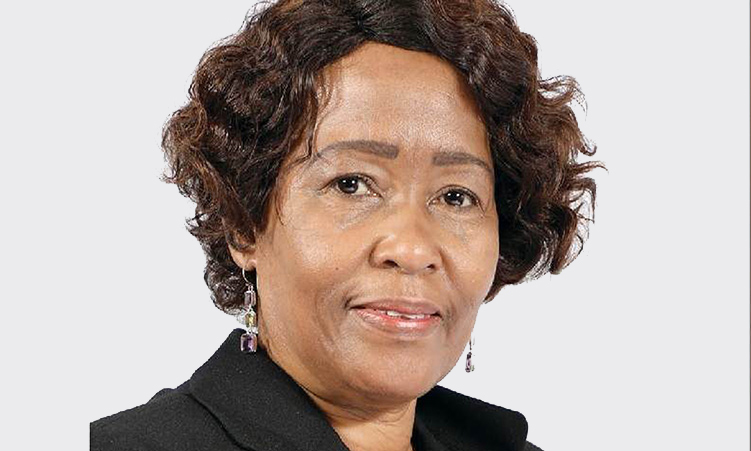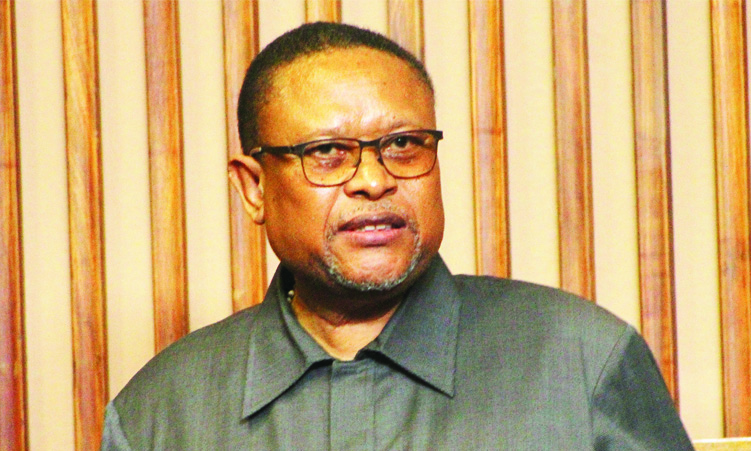A SWAPO MP from the Otjozondjupa Region last week stunned the National Council when he claimed that some Otjiherero-speaking men in the rural areas were spreading the myth that drinking Omaere (cultured milk) before sex protected men against HIV infection.
Some MPs laughed at the statement; others merely shook their heads. Ferdinand Kavetuna also said that some men were spreading the lie that having sex with a child was a cure for HIV-AIDS.”That’s why some men are raping children,” he told House.Kavetuna, who made his remarks during debate on the second reading of the Appropriation Bill, said HIV-AIDS was one of the biggest problems in his region.”These people need to be informed that there is no cure [for AIDS] and your life can be prolonged if you go for treatment,” said Kavetuna.He said his region was also suffering from water shortages and a lack of health facilities.He said in Kalkfeld, for example, there was only one borehole providing drinking water.If it ran dry, people would have to walk 20 kilometres to fetch water.Kavetuna said informal settlements in his constituency were in dire need of clinics and schools.Children had to walk long distances to attend school, he elaborated.The other major problem in the region was unemployment.He said jobless young people became bored and turned to alcoholism and crime.Ferdinand Kavetuna also said that some men were spreading the lie that having sex with a child was a cure for HIV-AIDS.”That’s why some men are raping children,” he told House.Kavetuna, who made his remarks during debate on the second reading of the Appropriation Bill, said HIV-AIDS was one of the biggest problems in his region.”These people need to be informed that there is no cure [for AIDS] and your life can be prolonged if you go for treatment,” said Kavetuna.He said his region was also suffering from water shortages and a lack of health facilities.He said in Kalkfeld, for example, there was only one borehole providing drinking water.If it ran dry, people would have to walk 20 kilometres to fetch water.Kavetuna said informal settlements in his constituency were in dire need of clinics and schools.Children had to walk long distances to attend school, he elaborated.The other major problem in the region was unemployment.He said jobless young people became bored and turned to alcoholism and crime.
Stay informed with The Namibian – your source for credible journalism. Get in-depth reporting and opinions for
only N$85 a month. Invest in journalism, invest in democracy –
Subscribe Now!










